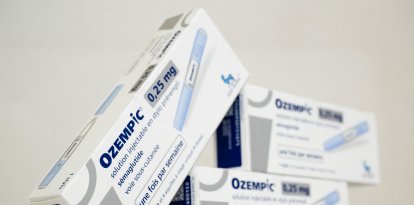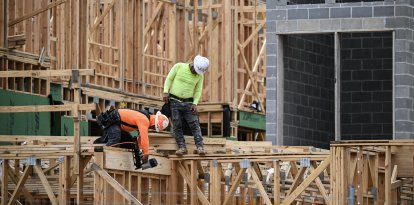China, Russia and Cuba, among countries that received 1.3 billion in public funds for damages during pandemic
Foreign companies circumvented the four levels of controls implemented by the SBA to prevent solicitations from other countries.

(Pexels)
The U.S. Small Business Administration(SBA) disbursed $1.3 billion of Economic Injury Disaster Damage Loans (EIDL) to foreign IP addresses in China, Cuba, Syria and countries listed as sponsors of terrorism by the State Department.
According to a report by the Council of the Inspectors General on Integrity and Efficiency(CIGIE), these loans were intended to sustain U.S. companies and provide relief to small businesses that suffered economic hardship as a result of the pandemic.
More than US$1.3 billion to foreign companies
Inspector General Hannibal Ware found that the SBA approved 41,638 applications out of 233,000 submitted. Of these, a portion were found to be fraudulent, amounting to US$1.3 billion. The report found that some of the beneficiary companies had foreign IPs. Some of the countries of the beneficiary companies are included in the State Department 's list of countries sponsoring terrorism , such as:
- Iran, which received almost US$166,000.
- Syria: $23,500.
- Cuba: $27,600.
Other foreign countries with IP addresses that received covid-19 relief loans are:
- Pakistan: $47 million.
- Mexico: US$158 million.
- China: US$1.58 million.
- Afghanistan: $1.58 million.
- Russia: $4 million.
- United Arab Emirates: $11 million.
- India: $144 million.
- Saudi Arabia: $ 2 million.
In spite of the controls, people were able to gain access to
The Office of Inspector General(OIG) noted that the agency implemented four levels of controls to prevent or reduce fraud from foreign countries. However, people with foreign IP addresses were able to access the application system:
Reviews Just The News that Patrick Kelley, associate administrator of the SBA Office, wrote to Inspector Hannibal Ware to comment on the matter:
The agency indicated that it would review its controls related to foreign IP addresses and "ensure that these controls are more effective in future disaster lending systems."

























